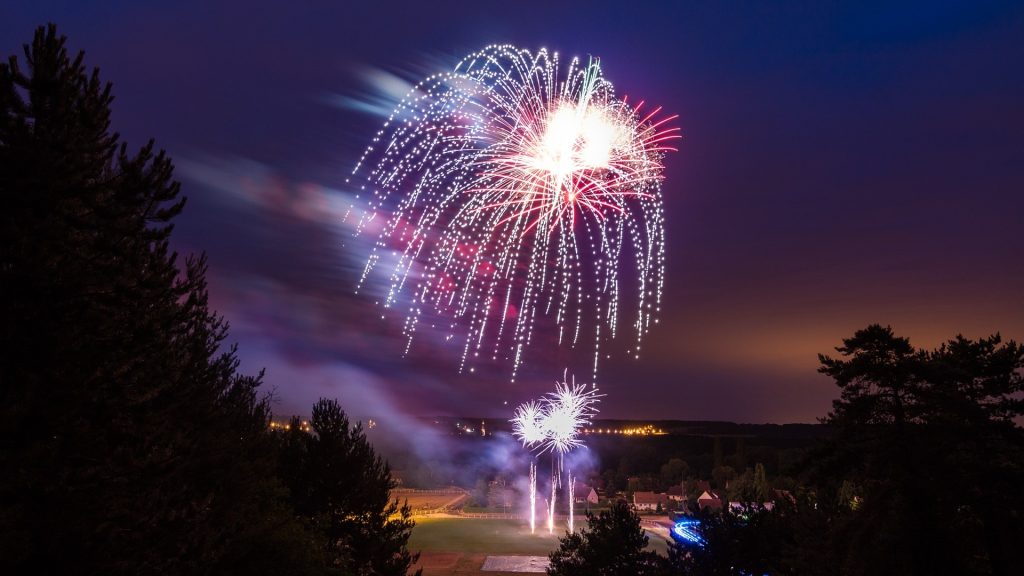About 1,200 years ago, the Chinese set fire to bamboo tubes filled with gunpowder – and ever since, fireworks have been used on festive occasions.
Others are reading now
The tradition of setting off fireworks on New Year’s Eve dates back over 1,200 years, originating in China.
According to Historie, early fireworks were created by filling bamboo tubes with gunpowder and setting them alight, producing loud bangs to scare away evil spirits and bring good luck.
Here’s how this tradition evolved and became a global New Year’s staple.
The Origin of Fireworks
Around the 9th century AD, Chinese alchemists discovered that a mixture of charcoal, sulfur, and saltpeter (key components of gunpowder) could create explosive effects.
Also read
Initially, these “fireworks” were rudimentary, producing loud noises and smoke rather than colorful displays.
The loud explosions were believed to ward off evil spirits and attract good fortune, making them a key feature of Chinese New Year celebrations.
The Spread to the West
Fireworks spread from China to the Middle East and eventually reached Europe during the Middle Ages.
In Europe, they became popular with royalty and were used to celebrate coronations, military victories, and royal weddings. For instance:
-
In 1486, King Henry VII of England celebrated his wedding with fireworks.
-
Queen Elizabeth I was so captivated by fireworks that she appointed a “Firemaster of England” to oversee displays.
The colorful fireworks we see today emerged in the 1830s, thanks to Italian pyrotechnicians who added metals like strontium and barium to gunpowder to produce vibrant colors.
From then on, fireworks became a fixture at New Year’s celebrations.
New Year’s Traditions Rooted in the Past
The tradition of fireworks is just one of several practices meant to usher in good luck for the New Year.
Here are some other time-honored customs:
-
Fireworks Bangs
The loud explosions, inspired by Chinese traditions, are believed to scare away evil spirits and ensure a lucky year ahead. -
Champagne Toasts
Marie Antoinette popularized champagne as a celebratory drink in 18th-century France. By the 19th century, it became synonymous with New Year’s festivities, marketed as a luxury beverage for special occasions. -
New Year’s Resolutions
Originating in Babylon about 4,000 years ago, resolutions were vows made to the gods to start the year on the right foot. Common promises included repaying debts and returning borrowed items. -
The New Year’s Kiss
This tradition traces back to old British Christmas customs, where kissing was thought to bless loved ones and ward off evil spirits for the coming year.
Today, fireworks have become a global symbol of celebration.
From the bustling displays over Sydney Harbour to the iconic shows in Times Square, they mark the transition to a new year with dazzling colors and loud cheers.


